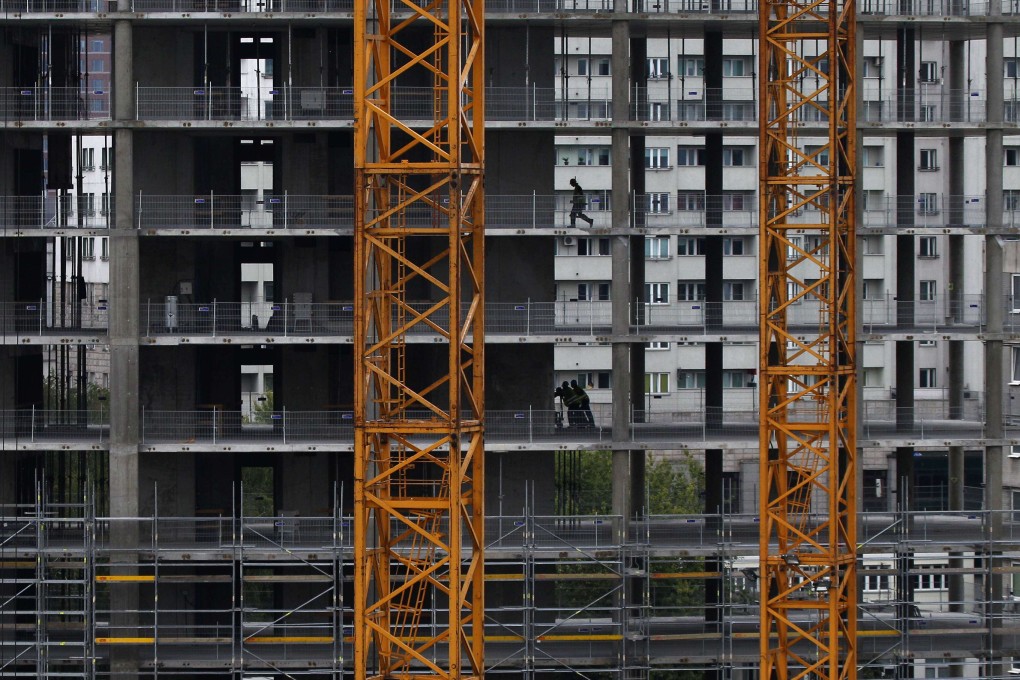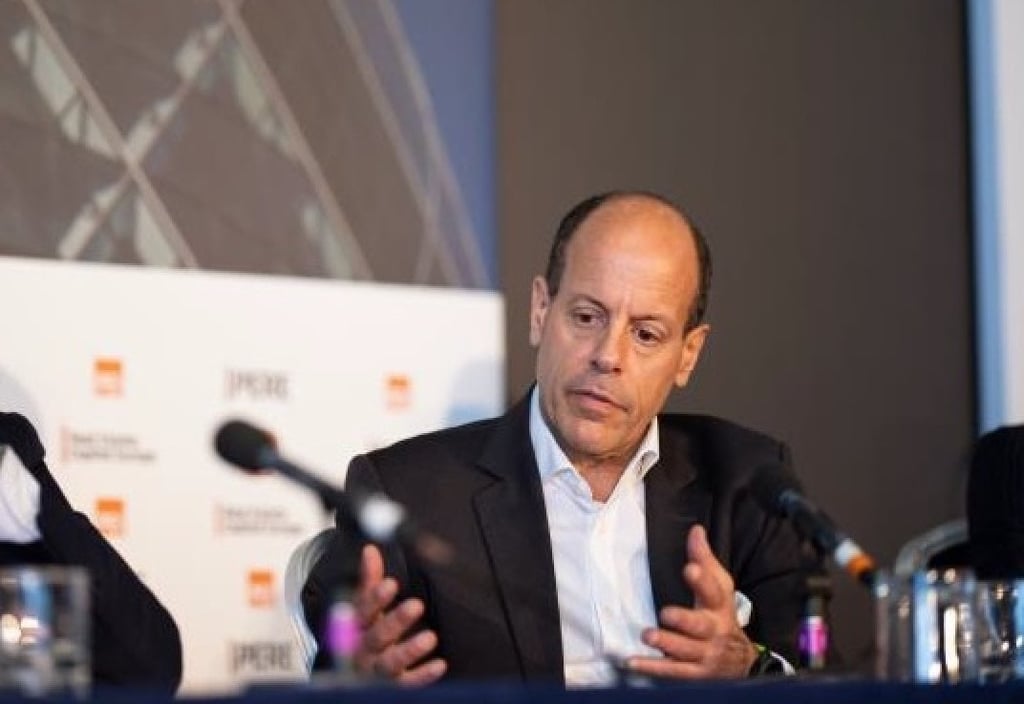Europe’s real estate assets favoured by global investors, Japan funds as distress creates ‘opportunistic’ deals, Patron Capital says
- Refurbishment cost to meet Europe’s environmental standards and higher financing rates are putting owners under distress, Patron Capital says
- UK-based fund manager raised €860 million (US$933 million) from investors for its seventh vehicle earlier this month

The outlook is bright in Europe because demand has remained buoyant amid higher savings, while supply has stagnated or declined because of little new investment during the recent economic crisis, according to UK-based fund manager Patron Capital Partners.
Asian investors, especially in Japan, are showing great interest because of the need to deploy large savings accumulated during the pandemic, managing partner Keith Breslauer said in an interview.
“The property market in Europe now is a bit unusual in that it has two opposing [and favourable] cycles happening,” he said. Higher debt-servicing costs and refurbishment bills are creating more distressed situations for investors to pick up undervalued assets, he added.

Patron, founded in 1999, closed its seventh real estate-focused fund earlier this month after raising €860 million (US$933 million/HK$7.3 billion), with commitments from pension funds, sovereign wealth funds, foundations and family offices in the US, Canada, Asia-Pacific, Europe, and the Middle East. Patron also chipped in more than €200 million of its discretionary co-investment capital.
